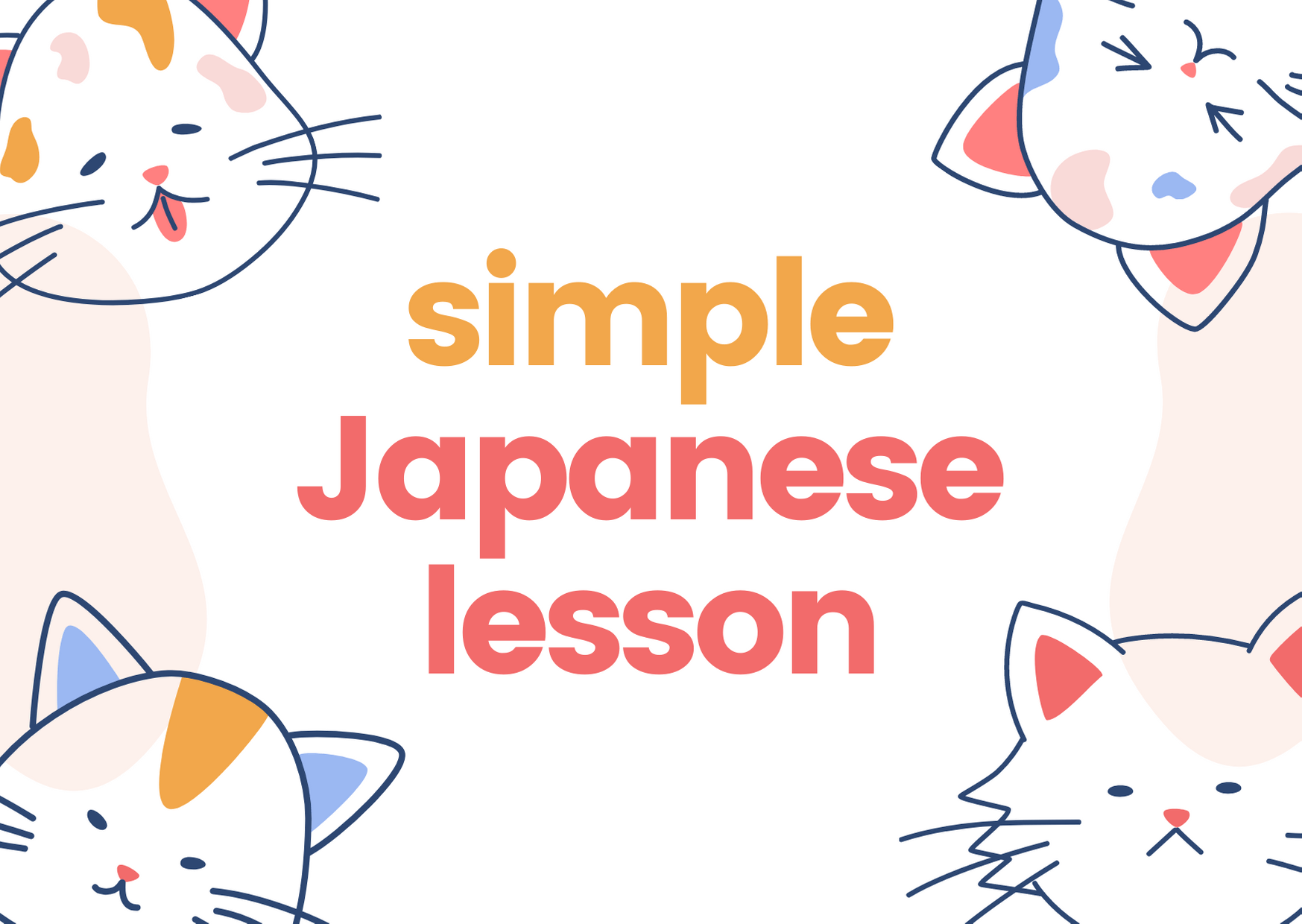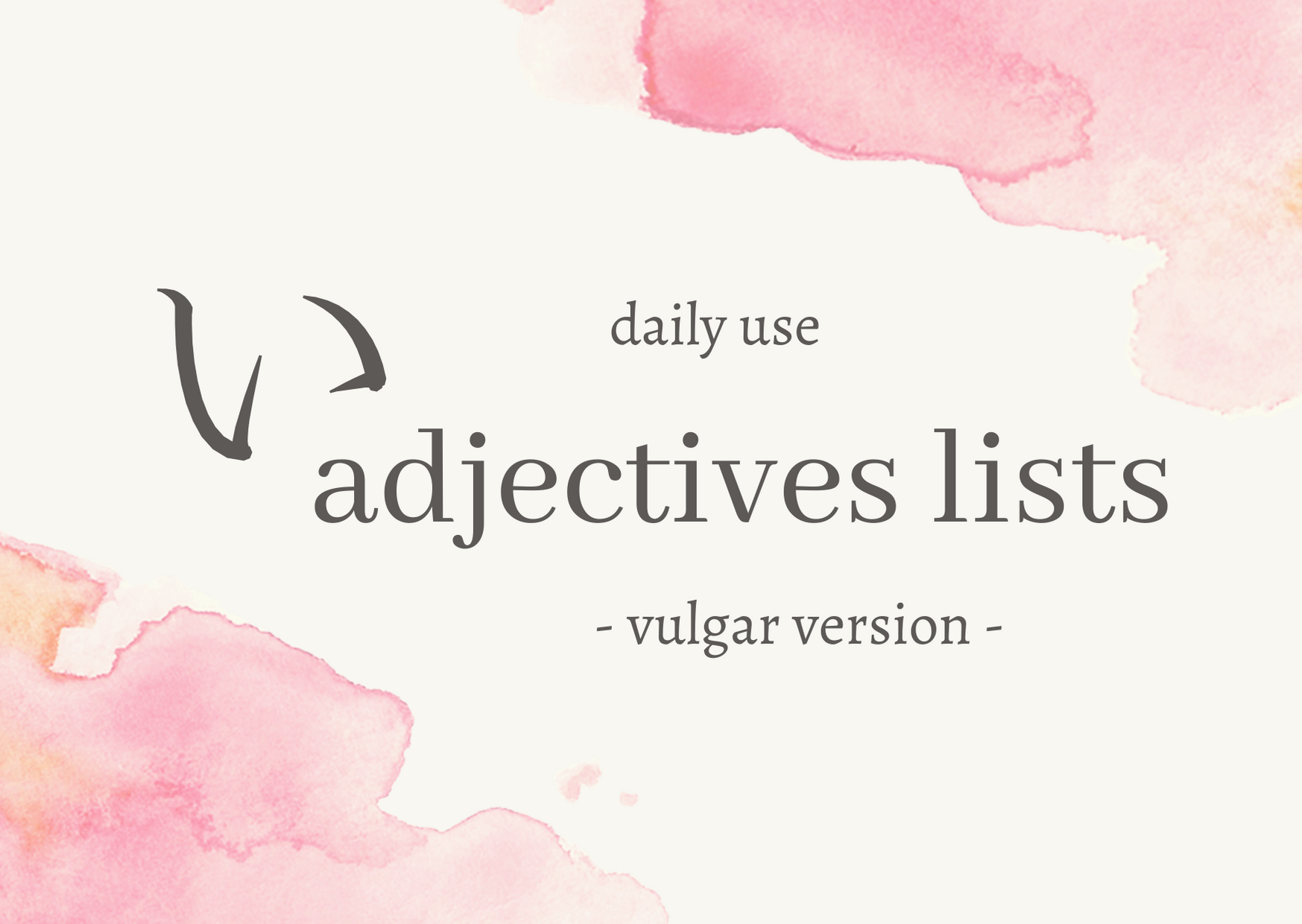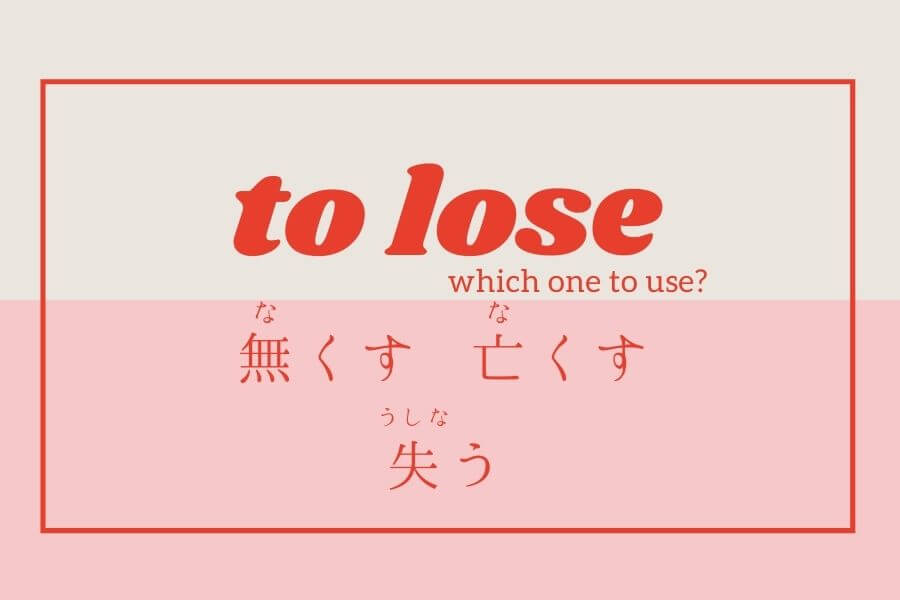To your close friends or someone younger おはよう ohayô To someone in a higher position / acquaintance おはようございます。 OHAYÔ gozaimasu Until what time can we use it? I would say until 10 a.m. In my opinion, おはよう at 11 a.m. sounds strange. Let’s see the reason why I feel that way. おはよう おはよう comes from …



